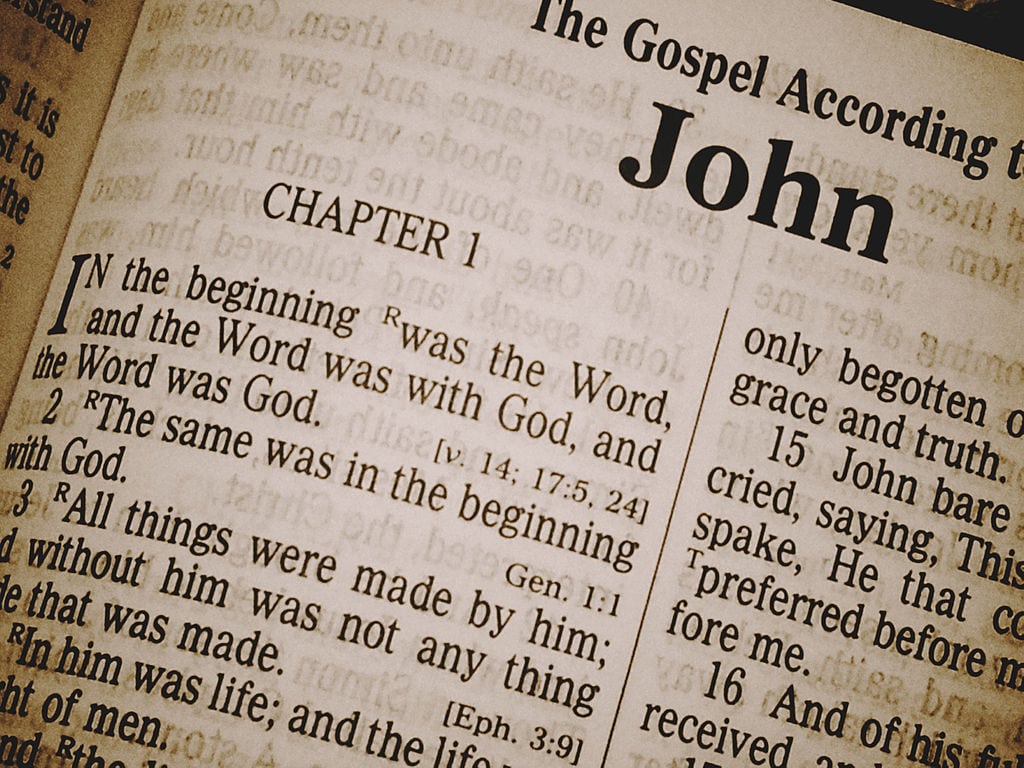One of the hardiest Christian America myths is the idea that Congress gave financial support to print the first American-published Bible in 1782, or even that Congress printed it themselves. Neither is true, though Congress did give an endorsement to the Bible printed by Robert Aitken. In the past, Christian America writers such as David Barton have routinely circulated mistaken ideas about the connection between the 1782 Congress and the Bible.
I was surprised recently to learn that the myth about Congress and the Bible has a much older source than Barton, one that Barton himself continues to cite. It is W.P. Strickland’s History of the American Bible Society (1849).
As Seth Perry explains in Bible Culture and Authority in the Early United States (2018), the original edition of Strickland’s history was full of factual errors, including the claim that “the first Congress printed and circulated the Bible.” Strickland changed many of the errors in subsequent editions, but he left the one about Congress and the Bible intact.
The text of Barton’s current Wallbuilders article on the Aitken Bible at first makes clear that Aitken printed it, not Congress. Yet the article ends ambiguously by quoting Strickland, who said, “Who, in view of [Congress’s endorsement], will call in question the assertion that this is a Bible nation? Who will charge the government with indifference to religion when the first Congress of the states assumed all the rights and performed all the duties of a Bible Society long before such an institution had an existence in the world!”
But how could the Congress have “performed all the duties of a Bible Society” if it didn’t print Aitken’s Bible or any other?
The role of religion in the founding is one of the most controversial historical subjects in America today. Secularists and Christian America advocates tend to go to extremes, with the former arguing that Christianity had virtually nothing to do with the founding, and the latter arguing that it had everything to do with the founding. The actual history brings us to a more reasonable position: Christian principles were powerfully if imperfectly present in the political culture of the founding, but many of the major founders were not traditional Christians. It is certainly not clear that they were seeking to create a “Christian nation” of the sort imagined by Christian America partisans.
Early America’s ties between organized religion and the state were often tighter than they are today, especially before the First Amendment was adopted in 1791, prohibiting Congress from making laws respecting an “establishment of religion.” But there are many reasons to question whether the American government ever presided over a “Bible nation” in any formal sense.
On such fraught issues, we must attend closely to the facts of what happened in history, lest we be persuaded by those who want to employ history for partisan ends. A balanced account of the facts about Congress and the Bible comes from Daniel Dreisbach’s Reading the Bible with the Founding Fathers. (See also Dreisbach’s TGC post, “What America’s Founders Really Thought about the Bible.”)
Expanding hostilities with Great Britain in the 1770s interrupted the importation of English-language Bibles from the mother country. This prompted three Presbyterian clergymen in July 1777 to warn of an impending shortage of Bibles and to petition the Continental Congress to underwrite a domestic printing of the Scriptures. A congressional inquiry concluded that it would be more expedient to import Bibles from continental Europe than to print them in America. On September 11, 1777, a legislative committee recommended the importation of “20,000 Bibles from Holland, Scotland, or elsewhere,” but the Congress adjourned before implementing legislation was enacted.
The shortage of Bibles grew more acute as the war with Britain dragged on. The procurement of Bibles was again raised in Congress in October 1780. The same committee charged with looking into the matter was also assigned a petition, dated January 21, 1781, from the Scottish-born Philadelphia printer and Presbyterian elder Robert Aitken (1735–1802), seeking congressional support to publish “a neat Edition of the Holy Scriptures for the use of schools.” (In 1777, Aitken had successfully published the first English New Testament in America.) Aitken asked the Congress to approve this major publication project and to permit him to print and sell his edition of the “Sacred Scriptures” “under the Authority of Congress,” an endorsement that would no doubt have business benefits. Congress apparently encouraged the enterprise.
Aitken’s Bible was completed by early September 1782. Following a report from congressional chaplains William White and George Duffield commending the “great accuracy” of Aitken’s work, Congress passed the following resolution on September 12: “the United States in Congress assembled, highly approve the pious and laudable undertaking of Mr. Aitken, as subservient to the interests of religion … , and being satisfied from the above report, of his care and accuracy in the execution of the work, they recommend this edition of the Bible to the inhabitants of the United States.” Thus, with a congressional endorsement, Aitken’s Bible was the first confirmed English-language Bible published in North America.
Congress was happy to endorse Aitken’s work, but they appeared reluctant to get directly involved in Bible importation, production, or distribution.
Sign up for the Thomas S. Kidd newsletter. It delivers weekly unique content only to subscribers.
